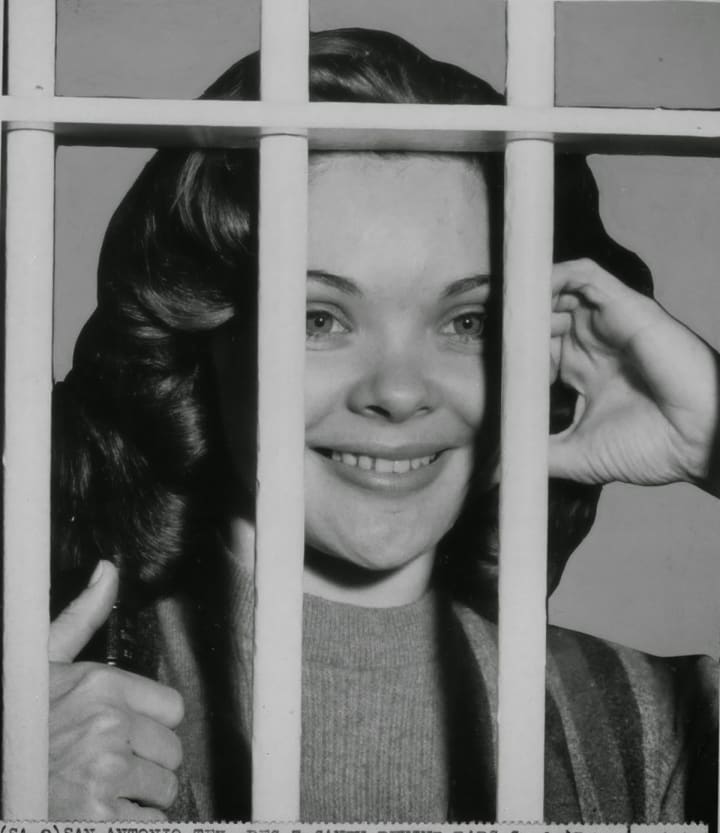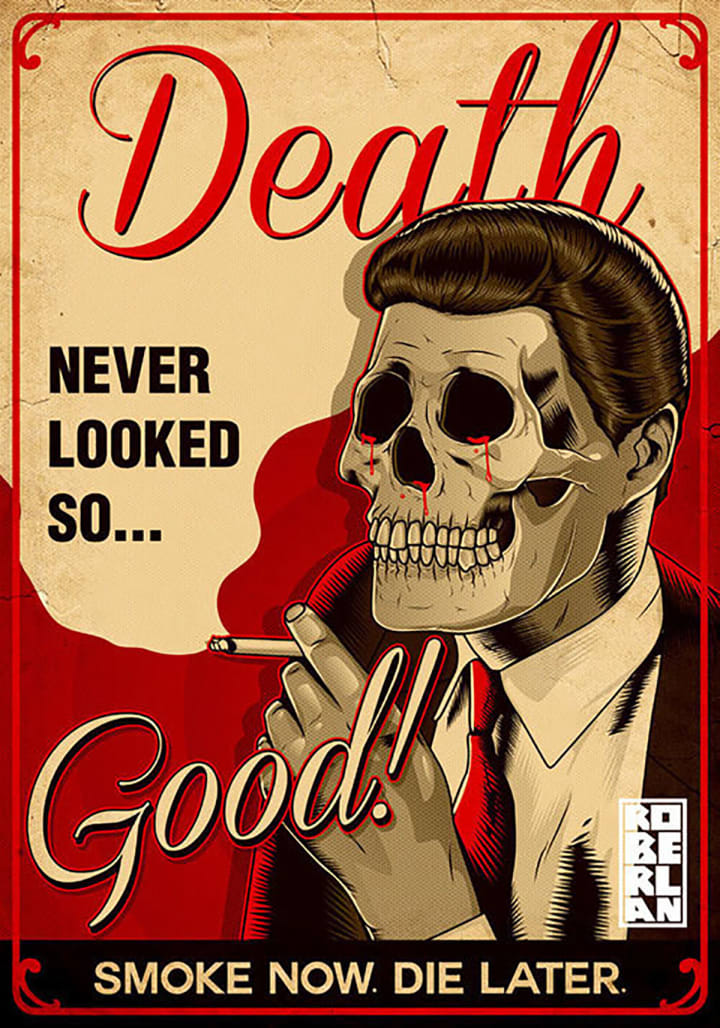From 'Reefer Madness' to Marijuana Legalization
Practically the only current mystery not still attributable to 'Reefer Madness' is why marijuana use and possession remain a serious crime in so much of the country.
Imagine—if you can—a social gathering of young millennials enjoying a pseudo intellectual debate while passing around the vape. Consider the affluent suburbs, where pre-rolled joints from Willie's Reserve are handed out while guests are greeted by the hosts. Think about the factory workers, truck drivers, laborers, and clerks who smoke marijuana to ease the boredom of the day. Businessmen, brokers, attorneys, and accountants score an ounce or two of quality weed from the firm's friendly dealer, be it a stock boy or another partner. Marijuana, once feared is now as much a part of our culture as much as beer and hotdogs.
Marijuana has been an elixir for 30s jazz musicians, an admission ticket to the 50s beat generation, the du jour drug for the 60s counterculture, a middle-America feel good favorite of the 70s and a rally cry that unites young people of the millennial age. Today, 1 of every 3 adults in this country has tried the drug, and over 25 million people smoke it regularly. Much of the marijuana mystique is from the 20th century, pre digital ago was fostered by the Reefer Madness myth—that's the one where a few tokes of tea inexorably lead to murder, suicide, insanity, hysterical laughing, and sexual excess. While in general this perception of cannabis is less prevalent today, there are always extremists who have made marijuana, society's demon.
Practically the only current cannabis mystery not still attributable to Reefer Madness is why its use and possession remain a serious crime in so much of the country, with penalties for repeat offenders or the accommodation seller frequently equal to those meted out for assault, robbery, or in some states even rape. What is more, the laws are enforced, albeit haphazardly.
Drug-Crazed Abandon

Burlesque dancer Candy Barr
The victims are usually young, bitter, and confused. And why shouldn't they be? While they all knew that weed was illegal, its social acceptability created a false sense of security. After all, the rolling papers and pipes used to smoke the stuff can be found openly at 7/11, Amazon or your nearby grocery store. Why the hell else would the government let them sell it, if it wasn't getting used. It is that kind of ludicrous logic that is bantered about in the iconic short Reefer Madness. Its premises so ludicrous as to not make logical sense when pitted against reality. It is equally ludicrous and hypocritical to sell marijuana rolling paper, charge taxes on it, and arrest you for using it.
Only hypocrisy has a police force that statistically has a significant amount of marijuana smokers, stop a car for a "routine traffic check," a quick search revealing several stubbed out joints that look like they are weeks old; the handcuffs slapped on; then off to the station house for booking and the taking of fingerprints; finally being thrown into a cell with a couple of drunks, or worse, awaiting the dreaded confrontation with parents roused from their bed to make the bail. That is significantly more frightening on a sociological level than the myths of Reefer Madness.
Parents suffer too, expressing to me shame and anguish that their child is a lawbreaker and drug abuser. After the emotional strain, the financial drain begins, with stiff lawyers' fees even for simple cases. While prison for pot is rare these days, the poor and the poorly educated have the inside track for that trip.
The 'crime' varies from growing a few plants to smoking in the park to selling 30 dollars worth of weed to a friend of a friend. The disposition varies as well, so that someone caught in a rural town might go to jail for the same offense that is routinely dismissed, or ignored, in an urban setting. Ideals of even-handed justice-equal treatment before the law have become a mockery.
Justified Continued Prohibition

In recent years, these crosscurrents–widespread middle-class use, large numbers of arrests, changing police priorities–have spawned increasing demands for an end to criminal penalties for marijuana possession. The most recent trend is toward decriminalization on a federal level, though this seems less likely in Donald Trump's term. Rather than arrest the marijuana smoker, many suggest giving him or her a traffic-type summons, maybe substitute a $100 fine for jail. In short, have the punishment fit the crime, until hopefully it is finally legalized nationally.
Sounds straightforward, almost rational. Maybe that's why elected officials have such trouble with it. During the discussions preceding New York's adoption of a modest decriminalization bill I encountered all manner of resistance to change from political offices. Fear of adverse voter reaction was the most potent concern. Some opponents did allege that marijuana's potential for harm justified continued prohibition. These claims were usually advanced in smoke-filled rooms, over coffee, typically by men who relaxed with pre-dinner cocktails and enjoy "Locker Room" talk that they later deny is relevant to their judgement. While cannabis is not harmless, proven medical damage from its use does not exceed that established for alcohol, tobacco, or caffeine. As I explained, argued, pleaded, cajoled, and confronted, the legislative issues with political insiders, they preferred to focus on irrelevant details such as how many joints can be rolled from an ounce, instead of ideological viewpoints.
With much of the debate plodding along at the state level, is it any wonder that young people view the political process with disdain? Can anyone defend the hypocrisy of legislators who privately admit to personal knowledge of the drug and then publicly attack reform in order to score voter points?
Future of Decriminalization

I firmly believe that outdated marijuana laws and refusal to amend them have cost lawmakers their credibility with today's youth, who in turn no longer respect our legal system and its institutions.
Society must come to grips with the inescapable fact that marijuana is here to stay. Fifty years of harsh laws have failed miserably. After the medical and moral smoke screens are cleared away, certain fundamental questions remain: does it make sense-and can we really afford-to label people who prefer to smoke grass "criminals"? Do we ennoble ourselves by attempting to hold back the future? For that is what decriminalization, ultimately, is all about-allowing the next generation to freely choose its own recreational high.
About the Creator
Eddie Wong
Lives in Malibu, California. Loves movies. Cutting expert, lover of Final Cut Pro 7. Parents wanted him to be a doctor, but he just wants to edit.






Comments
There are no comments for this story
Be the first to respond and start the conversation.